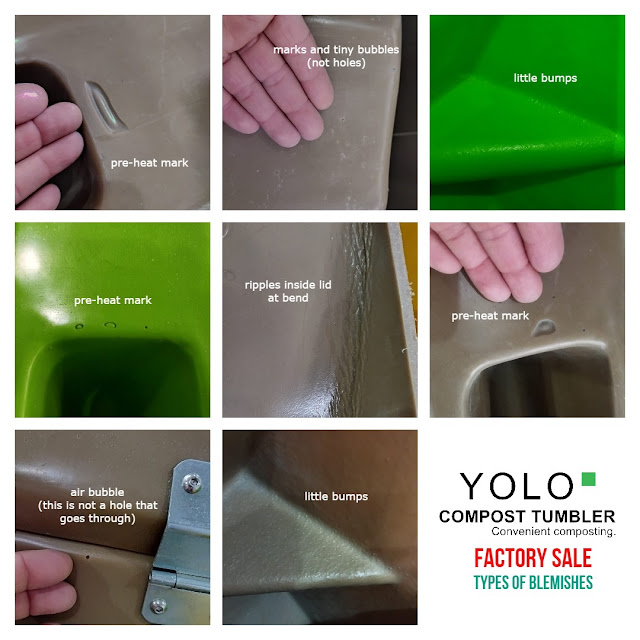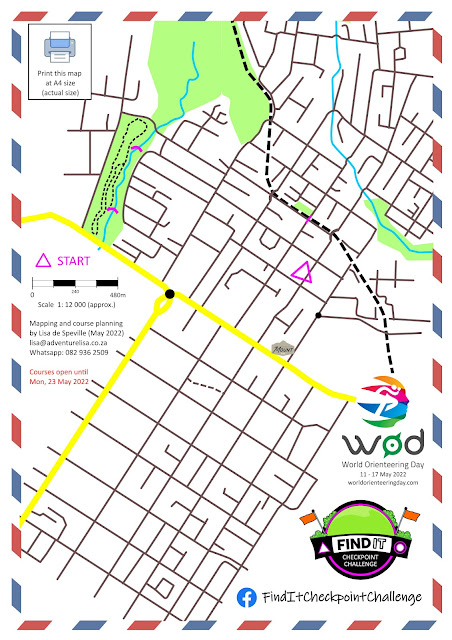I've been thinking about getting a scooter for a number of years. With the petrol price set to hit R24/L in June, it really is crunch time and a scooter is looking like the most feasible way to commute locally.
 |
| image from Business Tech |
My commute to work is around six kilometres each way. For this short, in-town driving, my Polo, which is 19 years old this year, does around 9L/100km (I get 5.7-6.5L/100km highway driving).
Driving to work and back, at R24/L, costs almost R20/day, which is around R400/month.
A 150cc scooter, gets around 2.7L/100km. It doesn't state whether this is open road or town driving. But, let's make it an even 3L/100km for work-home commuting. This is R9.40/day and R188/month.
Just on fuel, I would save R212/month on fuel to work and back. That's R 2,545/year just in fuel.
Car running costs are higher than that of a scooter in terms of servicing, tyre replacement, wear-and-tear, insurance, and depreciation.
Servicing is cheaper - although service interval (primarily oil change) is recommended at 2,000-3,000km (vs car at 15,000km or 1 year). At 260km/week to work and back, that's 9-ish months for me.
Tyres are R600-R850 each - and a scooter only needs two of them. Tyre replacement is 25-30,000km or 5 years.
[Of interest, a bus trip here in George is R12/trip. If you get on and off within an hour, you can hop from bus to bus. For most, it would be R24/day transport costs to work and back.]
Financially, a scooter makes sense. Practically?
For the most part, I transport my laptop, lunchbox and some stationery (flipfiles and notebook) back-and-forth to work each day. Some days, I need to use my bakkie, which I took over from my dad late last year, to drop or collect metal frames from powdercoating or galvanising. I also use the bakkie to tow the kayak trailer, which my small, low-slung Polo cannot do. The underseat storage space of a scooter should be sufficient - otherwise my backpack will do.
George has all-year rainfall with more in summer than winter. Even when it rains, the rain is often light and misty and there are more rain-free than sodden day. Winter here is mild, compared to the highveld, with high single digits into the mid-teens during the day.
More days than not, a scooter is a good fit for work commuting. Of course, at only 6-odd kilometres each way, I could ride a bicycle. A scooter would be the time-saving, convenient option.
Where my car wins over a scooter is for transporting dogs. Sure, I've seen images of dogs riding on scooters, sitting in the footwell between their owner's legs, but I'm not sure that I'm comfortable with this for my girls. Also, I've got three of them, my Rusty and Rosy and my mom's Bella, that I take out daily to trailheads for our outings. The distance is too far to walk them from home to the trails, enjoy and outing on the trails and to walk home.
For a scooter, a hard-shell pet carrier (like a delivery bike carrier for pets), side-car or trailer would be the way to transport my indulged pooches. These are also useful for transporting groceries and other items, which make a scooter even more practical.
How well will a scooter fit into my lifestyle? I'm not sure.
My mom is keen to ride a scooter around town too. She does a lot of zipping to PostNet or to the shops, so something quick and nimble would work better for her than a car.
My friend has offered to loan me his scooter for two weeks while he is away. This will give me a good chance to slot a scooter into my day-to-day and so see how well it gels.
I'll need to write a Learner's Licence again - almost 30 years after I wrote my first learner's licence (at 16 for the motorbike I rode to school and back). I've ordered the book and will get it on Wednesday. Doing the written licence now is worth doing now and will give me a two-year cushion in which to do the bike driver's test. If I decide to make the scooter move, I'd rather get the practical licence nailed after a few months of regular riding because two years go past in a flash.
I'll see what the next few weeks bring for me, but one thing for sure is that these fuel price increases are hitting us hard - personal transport, public transport, courier, goods transport and, as a result, cost of goods.




